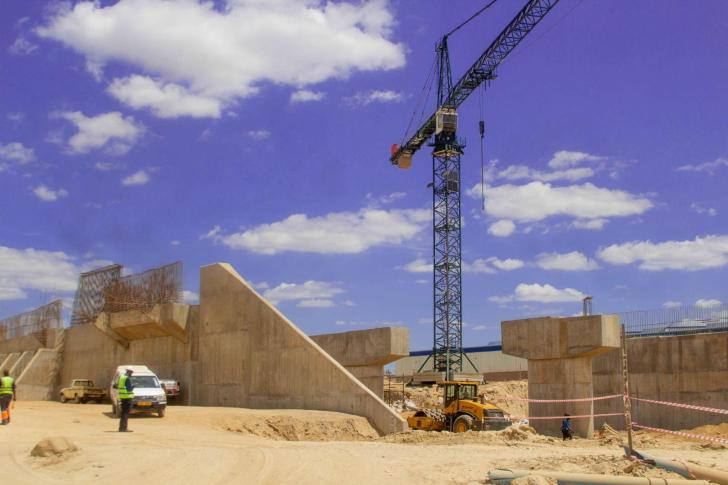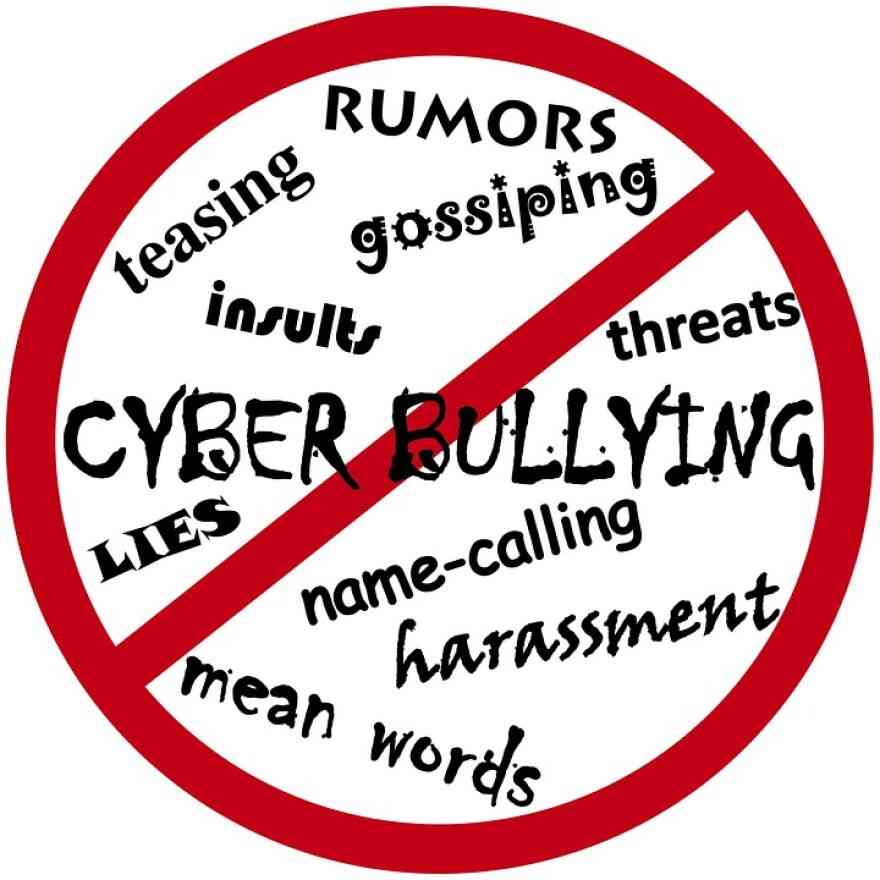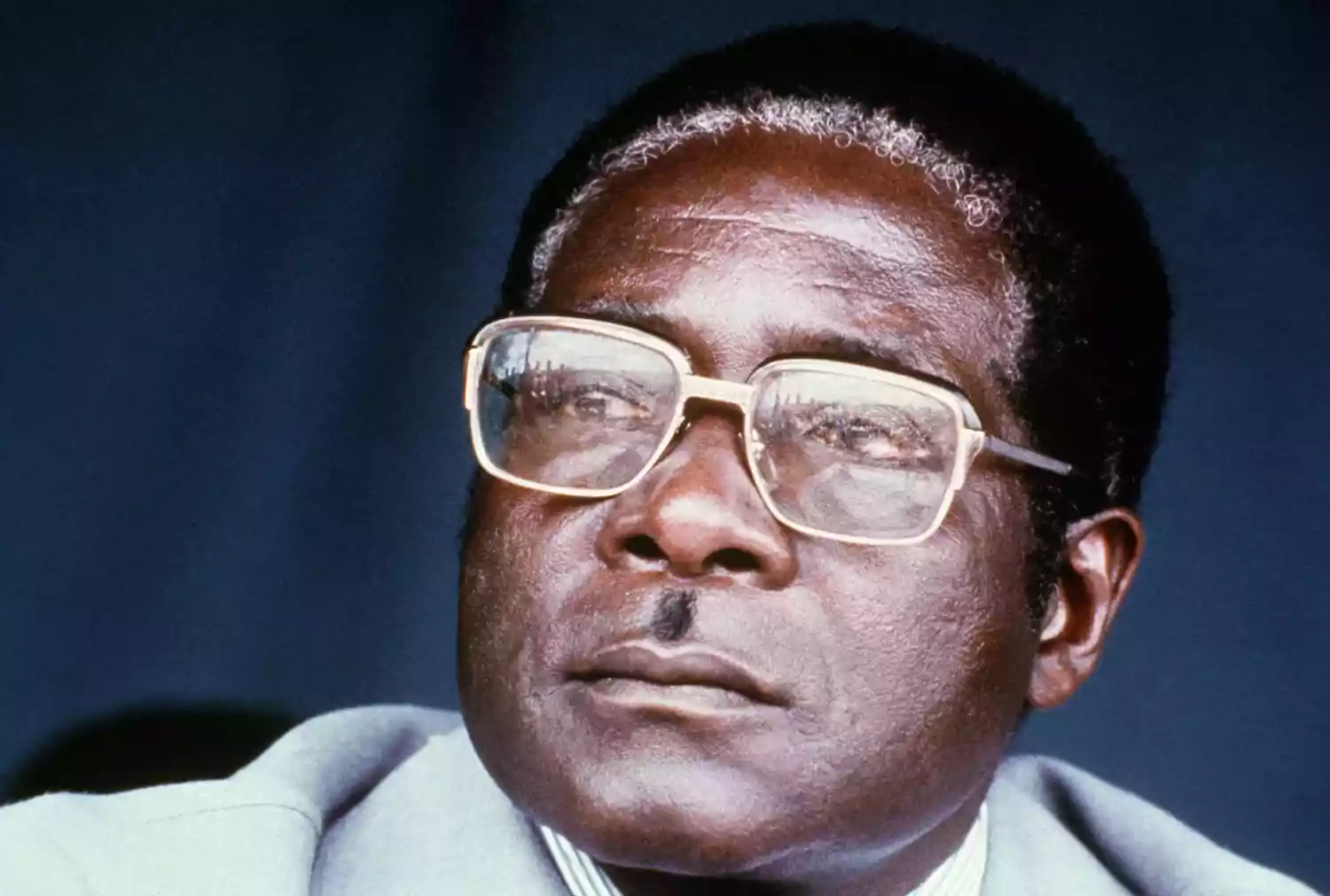
Zimbabwe has reached a situation where the distinction between the state and the ruling party, Zanu PF, no longer exists as the party equals government.
Thus, the party can easily mislead the electorate, especially in rural communities where government programmes have been hijacked and are equalled to Zanu PF projects in its attempt to achieve political mileage. The agriculture programmes are a case in point.
Thus, agricultural programmes are a very strategic campaign tool and Zanu PF has ensured that all their campaigns are hinged on them.
Other projects include general infrastructure development, which is a function of the government, and not necessarily the party.
The ruling party uses state media to gain political mileage on national projects every day.
It uses the same platform for hate speech against political opponents.
Local authorities have not been spared.
Mutare City Council (MCC) is reported to have cut off Tsvingwe water supplies for non-payment of its water bills. (Tsvingwe is in Mutasa South Constituency but gets its water supplies from Mutare City Council).
- Corruption Watch: Get scared, 2023 is coming
- Corruption Watch: Get scared, 2023 is coming
- Letters: Ensuring Africa’s food security through availability of quality seeds
- Is military's involvement in politics compatible with democracy?
Keep Reading
In the run-up to the by-election, the MCC was forced to reconnect the water supplies by a candidate and this became a major campaign boost for the Zanu PF candidate.
From that point of view, one can see that the ruling party engages in some strategic calculus to win supporters in elections.
The case of Tsvingwe is no different from the actions taken by the government through the then Local Government minister Ignatius Chombo instructing all local authorities to write off debts owed by residents.
The circular further explained that: “The government policy dovetailed with Zanu PF’s pro-poor policies that sought to alleviate the hardships induced by illegal economic sanctions”.
This was an important campaign strategy at the local level or constituency level.
The local authority was forced to supply water to another unit that is not paying anything at all.
So this proximity to power is strategic and capitalises on peoples’ ignorance to use and abuse the administrative machineries for political gains.
It is unethical, but this is the reality.
An interesting social dimension that seems to have a bearing on the electorate behaviour relates to the level of poverty and hunger in communities.
This factor is often undermined but can play a decisive role in political outcomes.
The World Food Programme in 2020 noted that more than 7,7 million people — half the population —would face food insecurity at the peak of the lean season, as poor rains and erratic weather patterns had a negative impact on crop harvests and livelihood prospects.
FewsNet (2022) reported that a poor start to the 2021/22 rainfall season and erratic rainfall is likely to result in below-average harvests by April or May and only short-lived improvements to food security outcomes.
The extent of lived poverty amongst the survey respondents was high, with 69.6% indicating that they had at some point been concerned about not having enough food for the family.
A large percentage (54.3%) indicated that they had received food assistance.
This demonstrates a high level of vulnerability among both rural and urban dwellers in Zimbabwe.
The politicisation of food aid has been recorded and used as a weapon to ensure that suspected opposition supporters or sympathizers did not have access to food aid.
In Bethania Ward 15 it was reported that the Zanu PF campaign trail ensured that every person who accessed mealie meal did so in exchange of their right to vote, in the process declaring themselves assisted voters. This explains the increase in the number of assisted voters.
Linked to hunger and vulnerability is the role of government and other non-state actors in assisting the vulnerable and poor people in communities.
The by-elections in Mutasa South Constituency were deemed free and described by the voters as lacking violence.
This is one positive factor that was applauded and the fact that the campaign process allowed political candidates to campaign freely.
We note, however, that even though this was the case, the remnants of violence are evident with the use of threats and intimidation, especially in rural communities.
Violence may not manifest in the manner of the 2008 elections, but the capture of the institution of the traditional leaders into the party bureaucracy have ensured that the remnants of organised violence are still a factor in elections in rural communities.
The situation is made worse by the vulnerability of voters as a result of the effects of climate change leaving communities to rely on food aid from the government and the donor community.
With the threat of the Private Voluntary Organisations Bill signed into law, it is not far-fetched that the distribution of food aid to vulnerable communities will be centralised and controlled by political structures.
The description of “free and fair elections” alluded to in the statistical breakdown should be viewed in a political context that makes the comparison of previous electoral periods that were violent, particularly the 2008 election.
But the structures of violence remain to an extent that they even manifest as bureaucracy.
Thus, the mere fact that physical violence did not manifest as it had done in the past does not translate to a ‘free’ election as the remnants and structures of violence remain intact and will make it difficult for the conduct of “free, fair and credible” elections. - Research and Advocacy Unit
(Unpacking Organised Violence in Elections in Zimbabwe: A Case Study of Mutasa South & Central Constituencies By-Elections, March 2022)
Calling for peace during Zanu PF primary elections
A
s the primary elections of the ruling Zanu PF party get underway the Zimbabwe Peace Project (ZPP), calls on all stakeholders in these elections to shun all forms of violence and commit to a peaceful process.
The primary elections were originally set for March 18, but were postponed at the 11th hour on Friday for unclear reasons.
ZPP urges all those involved in the elections, be they contestants or election officials, to uphold the integrity of electoral processes which can be negatively impacted by political violence.
Following the announcement of the primary elections by the first secretary of the party, President Emmerson Mnangagwa, campaigns for the primary elections are in full swing, hence the need for the processes to be conducted in a peaceful manner.
The Zanu PF primary elections in 2018 were marred by gross human rights abuses stemming from factions within the party.
The culture of violence within political parties primarily impacts citizens, particularly vulnerable groups such as women, persons with disabilities, the elderly, and young people.
All citizens are entitled to exercise their political rights and to participate in elections.
The Sadc principles and guidelines governing democratic elections state that there should be necessary measures and precautions put in place to prevent corruption, bribery, favouritism, political violence, intolerance and intimidation during elections.
The Zanu PF primary elections are happening at a time when new boundaries for constituencies and wards will be utilised following the delimitation process.
The fact that some constituencies no longer exist is grounds enough to cause bickering among contestants.
It is the role of the party to ensure those who are contesting are made aware of the consequences of perpetrating violence in all its forms be it hate language, intimidation, harassment, assault to name but a few forms.
It is the responsibility of the party to take a stand beyond just rhetoric against political violence and adopt stiff penalties for perpetrators.
ZPP notes with concern the low levels of participation of women in elections and appeals to Zanu PF to ensure their lists of contestants in the primary elections include women, young women and women with disabilities in significant numbers.
Women will only participate if the process is free of violence.
Various progressive laws support the participation of women in politics including the Convention on the Elimination of All Forms of Discrimination Against Women (CEDAW) and UN Resolution 1325.
The latter provides for the prevention of violence, the protection of women and their participation while the former reiterates the deliberate removal of factors that hinder women’s participation in politics which include violence in processes such as the primary elections.
ZPP appeals to those on the Zanu PF voter lists to reject, resist, and report violent people seeking leadership roles.
Violent people masquerading should be stopped in their tracks before they tarnish the integrity of the scheduled harmonised elections. - Zimbabwe Peace Project
ONLINE FEEDBACK
This year’s International Women’s Day is being celebrated under the theme, DigitALL: Innovation and technology for gender equality.
New technologies provide platforms for gender champions to promote women’s issues and influence a gender sensitive society.
Even though a number of gender activists have embraced the new media platforms, to set the agenda on gender equality there are factors militating progress in this regard.
Besides the high cost of data and the digital divide, gender activists need training on the use of social media platforms.
In this regard women’s organisations should take deliberate steps to not only capacitate people on gender equality, but take deliberate effort to train activists on how to package, disseminate, and analyse their progress.
Influencers need journalism skills to ensure their messages are precise and the messages communicated should be truthful, balanced, well researched, and professional.
Given that photos often tell the story better on social media platforms, taking professional photos with a phone is fast becoming a requisite skill.
When influencers communicate, they need to do so effectively.
The IWD is an ideal platform to synchronise such messages. Women also need to be aware of the misuses of social media, and the ways in which women are frequently abused and humiliated.
The proliferation of hate speech using social media needs to be tracked by feminists and the purveyors exposed.
In the past, social media has been sued to attack female leaders, and this must be curbed by women themselves.
In order for women to effectively use Technology to DigitAll, they ought to be capacitated to use the platforms appropriately.
Issues that affect women in their daily lives have to be reflected on social media platforms using new technologies to promote gender-sensitive culture
The proliferation of hate speech using social media needs to be tracked by feminists and the purveyors exposed. - Research and Advocacy Unit










